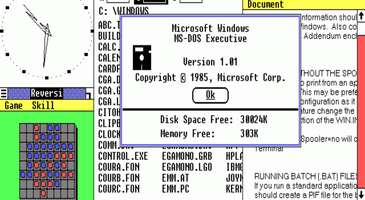CYBER security researchers have unearthed nearly 200 dodgy Android apps that snoop on their users.
The invasive downloads give hackers access to people’s text messages and location data and have been downloaded more than nine million times.
According to a report from experts at Russian software group Dr. Web Anti-virus, the apps were found on Chinese tech giant Huawei’s App Gallery.
They were removed from the store, which is used by 530million people, after the team got in touch with Huawei, researchers wrote on Tuesday.
However, if you downloaded one, it could still be active on your device.
The apps were what cyber nuts call “trojans” – malicious pieces of software disguised as regular apps.
Once the app is installed by an unwitting victim, it unleashes malware on their device that can steal data or even take control of the handset.
The trojan apps spotted by Dr. Web were largely dressed up as mobile games aimed at children.
They included fake simulators, platformers, arcades, strategies, and shooters.
Once on a smartphone, the apps asked for permission to “make and manage phone calls” before they could be launched.
Accepting the request allowed the malware to access your phone number, text messages, GPS coordinates, and more.
“At first glance, a mobile phone number leak may seem like an insignificant problem,” researchers wrote.
“Yet in reality, it can seriously harm users, especially given the fact that children are the games’ main target audience.”
The 190 infected Android apps were installed approximately 9.3million times.
The three offenders with the highest number of installs were Hurry up and hide (2million), Cat adventures (427,000) and Drive school simulator (142,000).
You can check out the full list of dodgy downloads here.
If any are on your phone, you need to uninstall them as soon as possible.
To avoid trojans, experts recommend that you only download apps from trusted and well-known publishers.
It’s also key to keep your mobile software up to date. Downloading anti-virus software is another way to protect yourself from malware.
In other news, Apple has announced that it will let customers fix their own iPhones for the first time starting next year.
The UK is fighting an epidemic of hack attacks targeting consumers and businesses, according to officials.
NASA has slammed Russia after a missile it fired into one of its own satellites forced the space station to perform an emergency swerve.
And, a 75-year-old Brit has told of his anger after scammers on WhatsApp fooled him into sending them hundreds of pounds.
We pay for your stories! Do you have a story for The Sun Online Tech & Science team? Email us at [email protected]
This post first appeared on Thesun.co.uk










